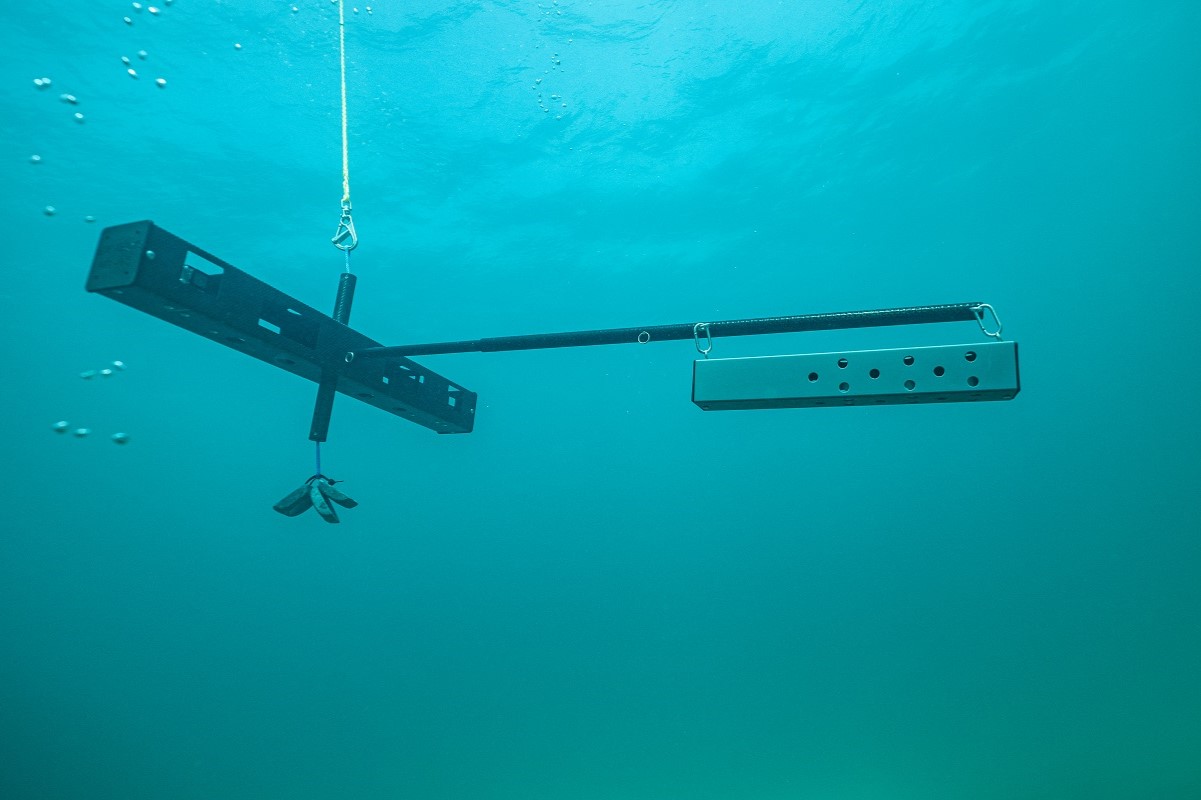A network of remotely controlled underwater camera and video systems, designed to document marine flora and fauna, have been sent out from Monaco to measure the health of its coast.
Technology is an amazing thing, especially when it allows the world to see, track and keep records of places not normally accessible.
This is the case with Professor Jessica Meeuwig’s technology company Blue Abacus, a pioneering marine science firm based at the University of Western Australia in Perth, Australia. Their camera system uses baited remote underwater video systems (BRUVS) to film, count and analyse populations of fish and other marine species, and it is being deployed here in one of the first experiments to cover the Mediterranean.
For a year, the system will create a log of information that can be used to help in Monaco’s sea protection efforts, with the hope of reversing current alarming trends. The project comes with the full support of the Prince Albert II Foundation (FPA2) and collaborative efforts from Community Jameel and the Monegasque Association for the Protection of Nature.
“The FPA2 is pleased to join forces with Community Jameel, Blue Abacus and the Monegasque Association for the Protection of Nature, with the objective of improving knowledge on the diversity of the species living in the deep waters of the Larvotto marine reserve,” said Olivier Wenden, the vice-president and CEO of the FPA2. “Supporting the development of scientific data through innovative tools is an essential condition for ensuring optimal protection of the marine environment. The cameras will enable us to develop our knowledge without disturbing marine life which, I believe, is a real added value.”
The Mediterranean is a recognised biodiversity hotspot, boasting 15,000 to 25,000 species, and is remarkable in that 60% of the plant life is endemic. About a third of the Mediterranean’s sea creatures are also unique to the region.
Many of the native species are considered vulnerable, endangered or threatened with extinction, due to habitat degradation, pollution, invasive species and overexploitation.
“This project combines Monaco’s long history of pioneering ocean science and combating climate change’s threat to aquatic environments,” says George Richards, the director of Community Jameel.
Sign up for the Monaco Life newsletter. For the latest news, follow us on Facebook, Twitter, and Instagram.
Photo source: Blue Abacus
